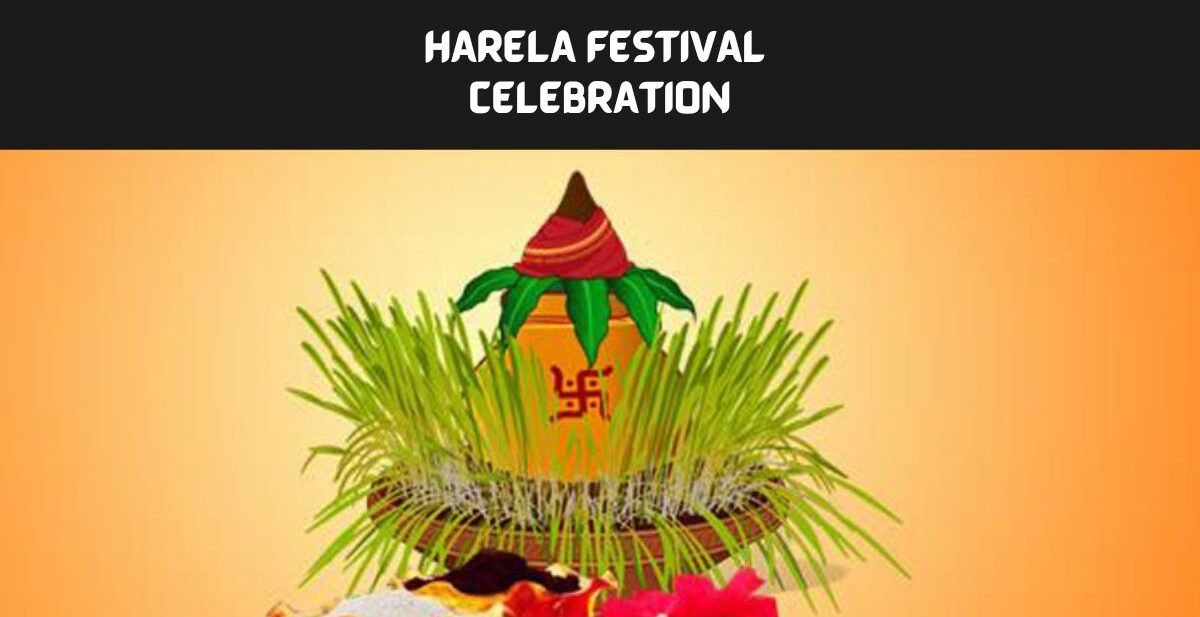- July 16, 2025
- by dibns-user
- News
- 1715 Views
- 0 Comments
Department of Forestry and Eco Club, Dolphin (PG) institute of Biomedical and Natural Sciences, Dehradun celebrated Uttarakhand’s LokParv Harela in association with Vidhya Bharti Uchcha Shiksha Sansthan, Uttarakhand on 16th July 2025.
Harela is a festival celebrated in the Uttarakhand and in some regions of Himachal Pradesh. This festival marks the onset of the Rainy-Season. It is celebrated on the first day of Shravan Month as per the Hindu Luni-Solar calendar. Harela means “Day of Green”, and Agriculture based communities in the region consider it highly auspicious, as it marks the beginning of the sowing cycle in their fields and farmers pray for a good harvest and prosperity. It has become a common practice to attribute a slogan of “Save the Environment” to Harela. On the day of Harela festival, plants are planted with a vow to protect nature and there is a tradition of planting saplings/plants on this day, either by an individual, a family, or by the community. Harela promotes environmental awareness highlighting the importance of trees and plants in maintaining ecological balance. It is also associated with the Hindu deities Lord Shiva and Goddess Parvati, with prayers offered for their blessings. This vibrant festival combines agricultural practices, environmental consciousness and cultural celebrations, reflecting the close relationship between the people of Uttarakhand and their natural surroundings.
We, at Dolphin PG Institute, to mark this day planted saplings of Cassis fistula (Amaltas), Delonix regia (Lal-Gulmohar), Emblica officinalis (Amla), Aegle marmelos (Bel). Each selected tree species holds cultural and religious importance. Amaltas and Gulmohar offer shade and attract pollinators whereas Amla and Bel produce fruits used by both humans and animals. These trees hold importance as per Hindu traditions and Ayurveda. Amaltas considered sacred and flowers used in rituals. Lal-Gulmohar’s vibrant blooms symbolizing prosperity and joy. Amla is associated with Lord Vishnu and revered during Amla Ekadashi in Hinduism. Bel leaves are sacred to Lord Shiva and offered to him during puja. All the four species also have strong healing properties. Amla is Rich in Vitamin C, boosts immunity, Bel aids digestion, treats dysentery and diabetes, Amaltas is used for skin diseases and constipation & Gulmohar’s bark and flowers have anti-inflammatory properties. Planting trees reflects a commitment to renewal, vitality, and a healthier planet. It spreads awareness about environmental responsibility and joy of living in harmony. Planting these trees during Harela reflects a synthesis of environmental activism, cultural reverence, and traditional wisdom. It is not just a ritual—it’s a sustainable act of devotion to both nature and heritage.
The program began with the welcome of guests Dr. Ashutosh Mishra, Senior Scientific Officer, UCOST Dehradun and Dr C.S. Dhanai, Assistant Professor, UUHF Ranichauri, faculty members and all participants by Dr Sandhya Goswami, Associate Professor DoF and Dr A. K. Uniyal, Chairperson Eco Club, DIBNS. It was followed by word of wisdom on Harela’s significance by Prof. (Dr.) Shailja Pant, Principal DIBNS and plantation of saplings by guests, Principal, Director (Admin) and other faculty members. The saplings were grown in Nursery of Department of Forestry by B Sc Forestry 3rd Year students. Mr. Dheeraj and Mr Firoz handed over the plants. The program was graced by the presence of Dr. Shruti Sharma IQAC Coordinator, Mr. V. K. Nagpal Director (Admin), Mr. Sunil Kaul Additional Director (Admin), Dr. Varsha Parcha Dean Research, Dr. A. Raturi Coordinator-NEP, Eco Club members Dr Deepali Rana & Dr AK Pundir, Faculty members Dr. Sas Biswas, Dr. Anil Kumar Uniyal, Dr. Vikaspal Singh Rawat, Mr. Manish Kumar, Mr. Aditya Swaroop, Dr. Kanika Issar, Dr. Rashmi Chauhan. The help of Mr. Umesh, Gardner, in making suitable ditches for plantation was highly acknowledged & appreciated.








 Apply Now
Apply Now
 Fee Payment
Fee Payment
 Admission
Admission
 Enquiry
Enquiry
 Quick Links
Quick Links